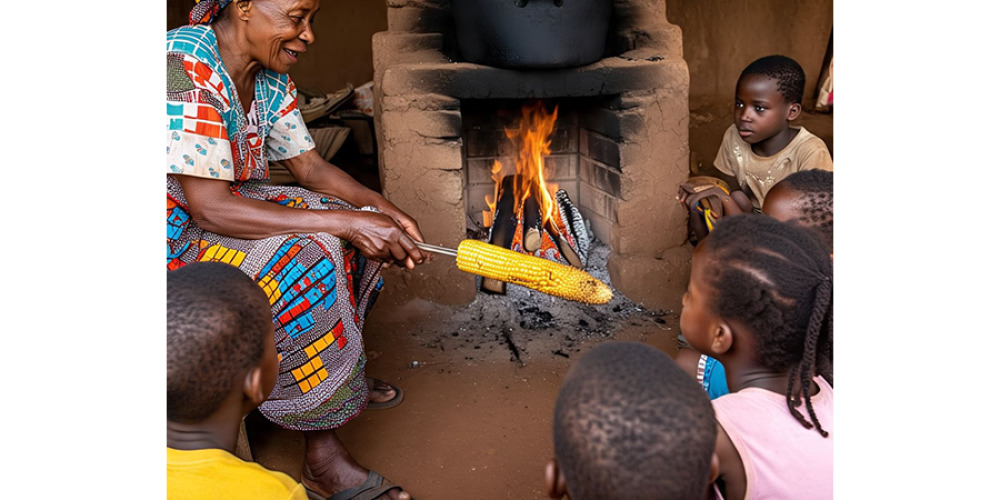In today’s increasingly globalized world, cultural identity plays a vital role in shaping a child’s sense of self and belonging. Knowing one’s culture is essential for children, as it helps them develop a strong foundation for their values, traditions, and worldview. As the African proverb goes, “When you know where you come from, you know where you are going.” In this article, we’ll explore the importance of children knowing their culture and how it can positively impact their lives.
Building Identity and Belonging
When children learn about their culture, they develop a sense of identity and belonging. They understand where they come from, their family’s traditions, and the values that have been passed down through generations. This knowledge helps them connect with their community and feel a sense of pride in their heritage. As Maya Angelou once said, “You may not control all the events that happen to you, but you can decide not to be reduced by them.” Knowing one’s culture can be a powerful tool in building resilience and confidence.
Preserving Traditions and Values
Cultural knowledge is often passed down through oral traditions, stories, and practices. By learning about their culture, children can preserve these traditions and values, ensuring they continue to thrive for future generations. This helps children understand the significance of cultural practices and appreciate the efforts of their ancestors. As the Native American proverb goes, “We do not inherit the earth from our ancestors, we borrow it from our children.” It’s our responsibility to pass on our cultural heritage to the next generation.
Promoting Cultural Diversity and Understanding
In a multicultural society, knowing one’s culture can foster greater understanding and appreciation of other cultures. Children who learn about their own culture are more likely to respect and appreciate the differences between cultures, promoting tolerance and empathy. As Nelson Mandela said, “The greatest glory in living lies not in never falling, but in rising every time we fall.” By embracing cultural diversity, we can build stronger, more compassionate communities.
Enhancing Self-Esteem and Confidence
When children learn about their culture, they develop a sense of pride and self-worth. This cultural knowledge can enhance their self-esteem and confidence, helping them navigate the world with a stronger sense of identity. As Malcolm X said, “Of all our studies, history is best qualified to reward our research.” Knowing one’s cultural history can be a powerful tool in building self-confidence.
Passing on Cultural Heritage
By teaching children about their culture, parents and caregivers can pass on their cultural heritage to the next generation. This ensures that cultural traditions, values, and practices continue to thrive, even as the world evolves. As the African proverb goes, “The wisdom of the ages is in the heads of the elders.” It’s our responsibility to share this wisdom with the next generation.
Conclusion
In conclusion, knowing one’s culture is essential for children, as it helps them develop a strong sense of identity, belonging, and self-worth. By teaching children about their culture, we can promote cultural diversity, understanding, and preservation. As parents, caregivers, and educators, it’s our responsibility to pass on our cultural heritage to the next generation, ensuring that our traditions, values, and practices continue to thrive.


